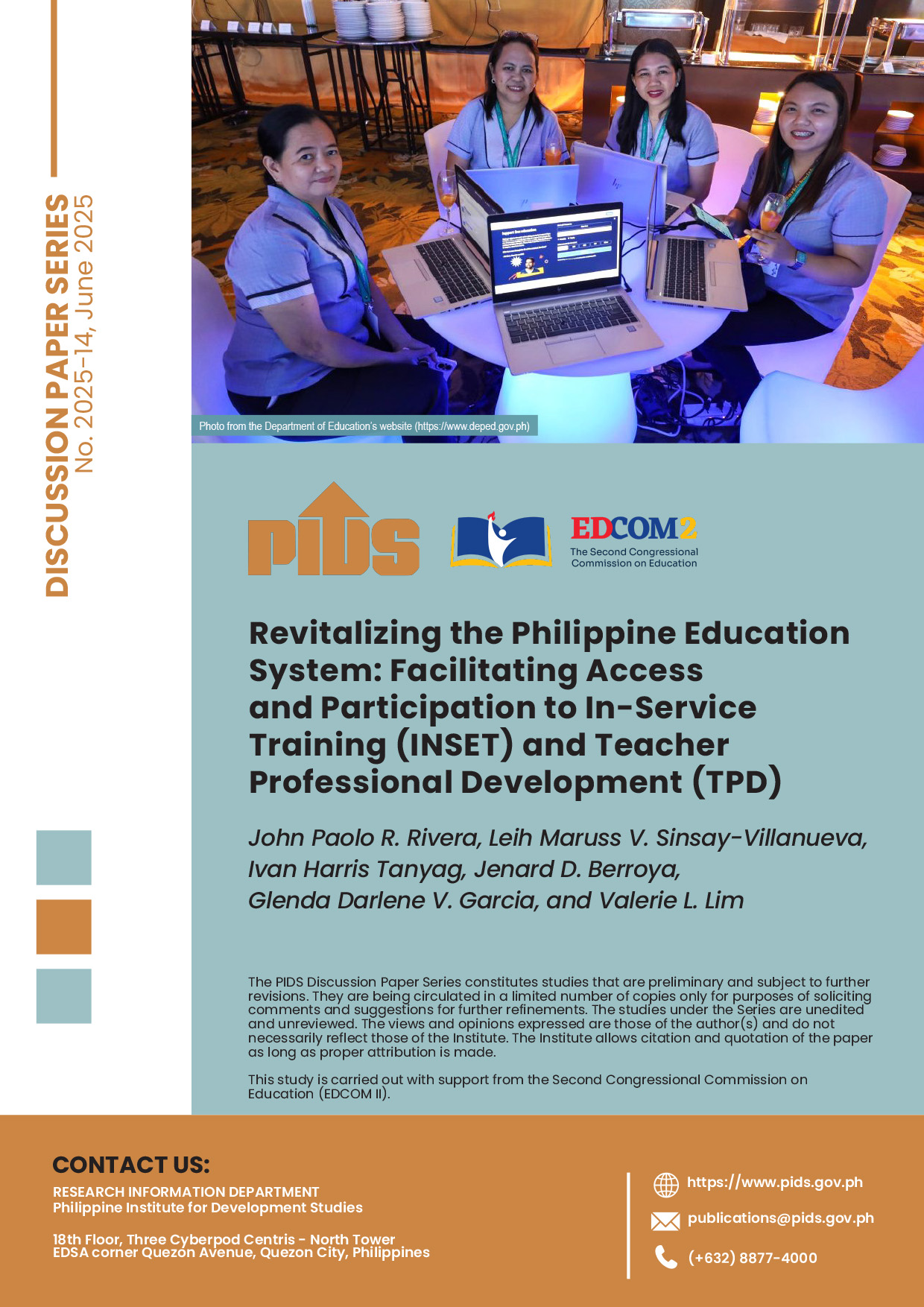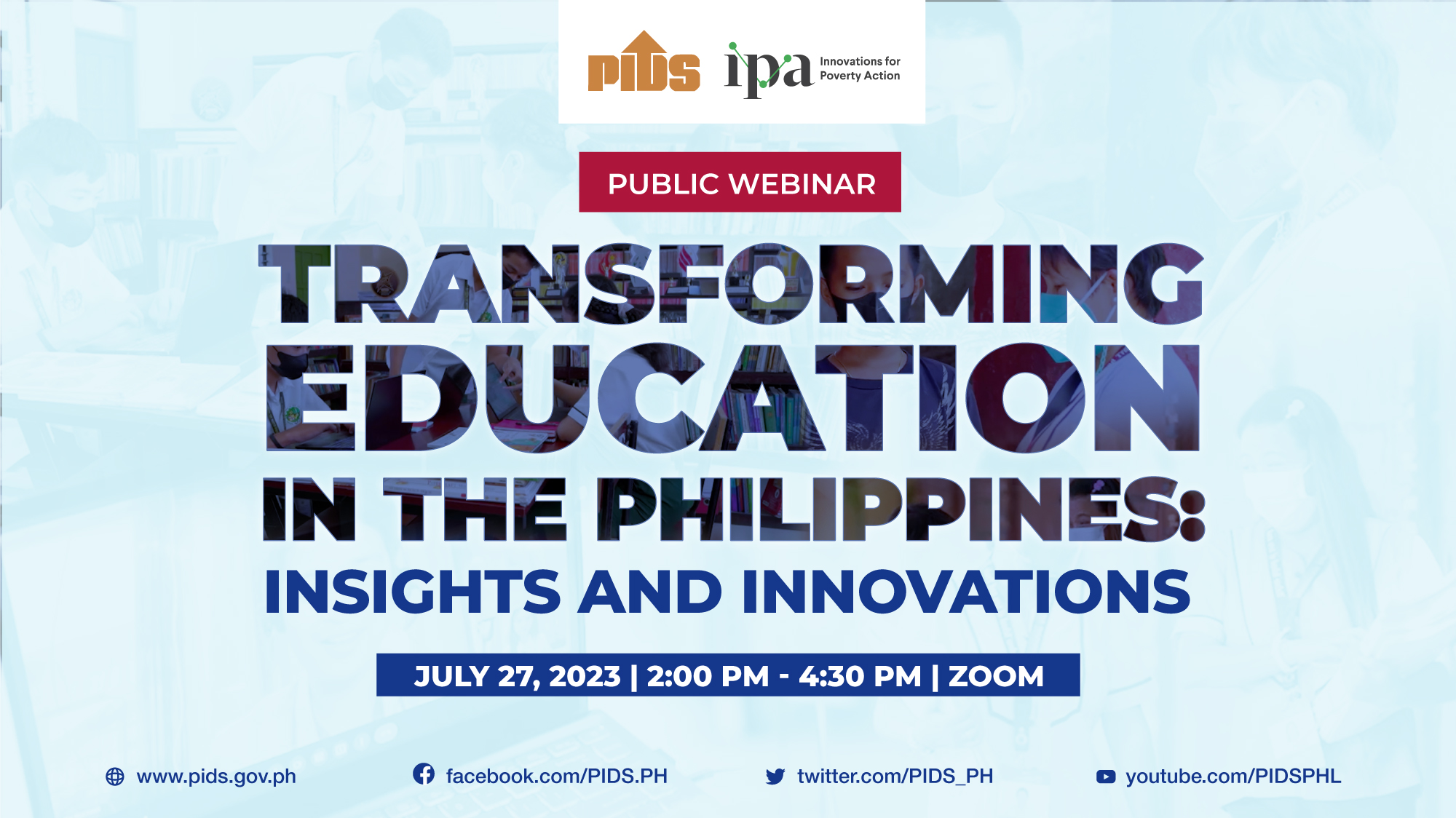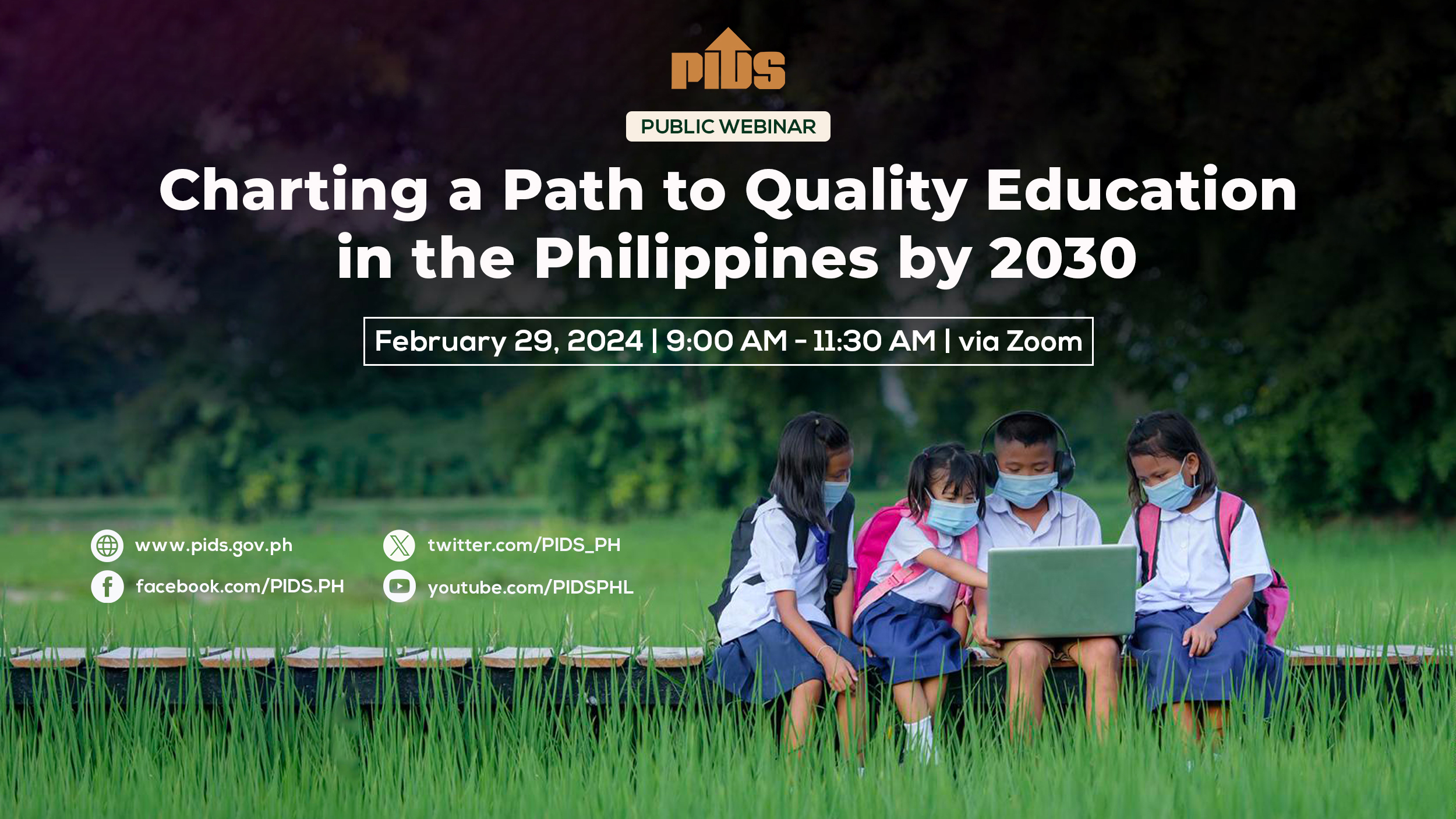MANILA — The Senate has ratified a bicameral conference committee report seeking to establish a temporary congressional body that would evaluate the country's education system, in a bid to address what lawmakers and advocates have described as a "learning crisis."
The upper legislative chamber has finalized a bicam report that resolves differences between House Bill No. 10308 and Senate Bill No. 2485, Sen. Sherwin Gatchalian said in a statement.
The measure creates the Second Congressional Commission on Education (EDCOM II), which will "undertake a comprehensive national assessment and evaluation of the Philippine education sector's performance," said Gatchalian, who chairs the Senate Committee on Basic Education, Arts and Culture.
"This is to recommend transformative, concrete, and targeted reforms to make the Philippines globally competitive in both education and labor markets," Gatchalian said.
EDCOM II will have 3 years to review the performance of education agencies and give specific recommendations so they can improve their operations.
The Philippine Institute for Development Studies will serve as the EDCOM's research arm.
"Sa pamamagitan ng panukalang EDCOM II, mabibigyan natin ng kaukulang pansin ang krisis sa sektor ng edukasyon, lalo na’t pinalala ito ng pandemya ng COVID-19," said Gatchalian.
(Through the proposed EDCOM II, we will be able to give proper attention to the crisis hounding our education sector, especially since it was exacerbated by the COVID-19 pandemic.)
The advocacy group Philippine Business for Education (PBED) urged President Duterte to sign the measure into law "for a better educational system [that] all Filipinos deserve."
"This is indeed a crucial step forward in addressing the country’s education crisis and preventing the collapse of our education system," PBED Executive Director Love Basillote said in a statement.
The first EDCOM convened in 1991.
Education advocates have raised concerns of a "learning crisis" plaguing the country, citing poor learning outcomes and performance of Filipino students in international assessments.
The crisis worsened after the COVID-19 pandemic forced schools to close and shift to less effective remote learning setups, advocates said.












